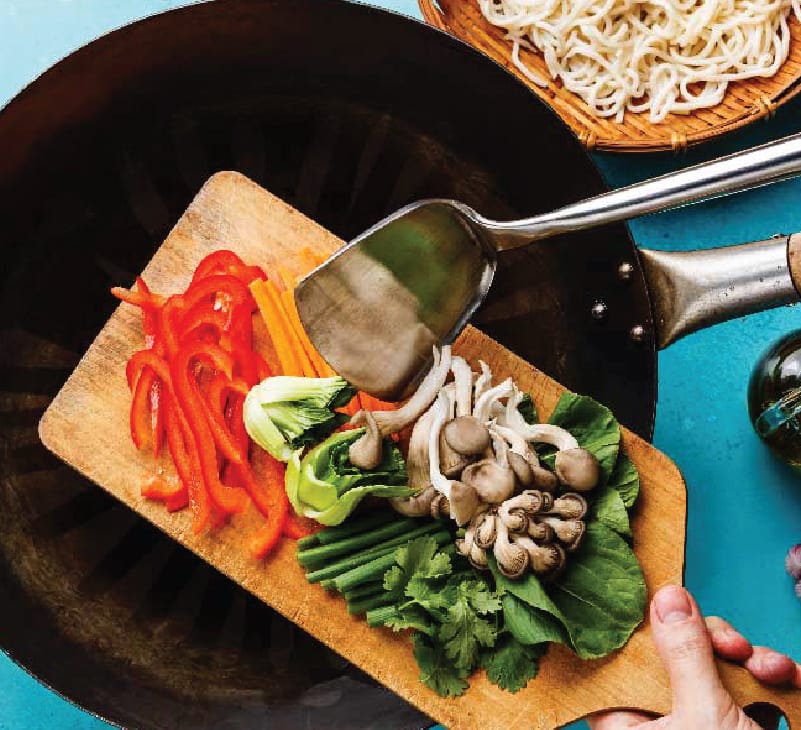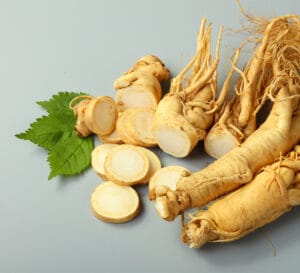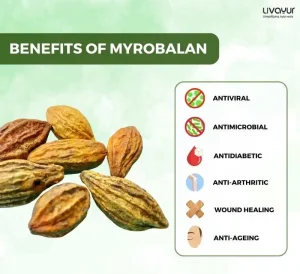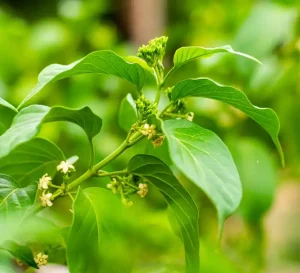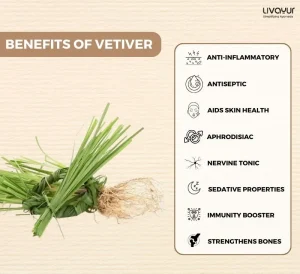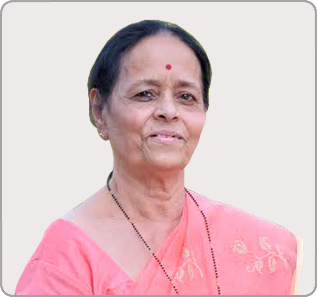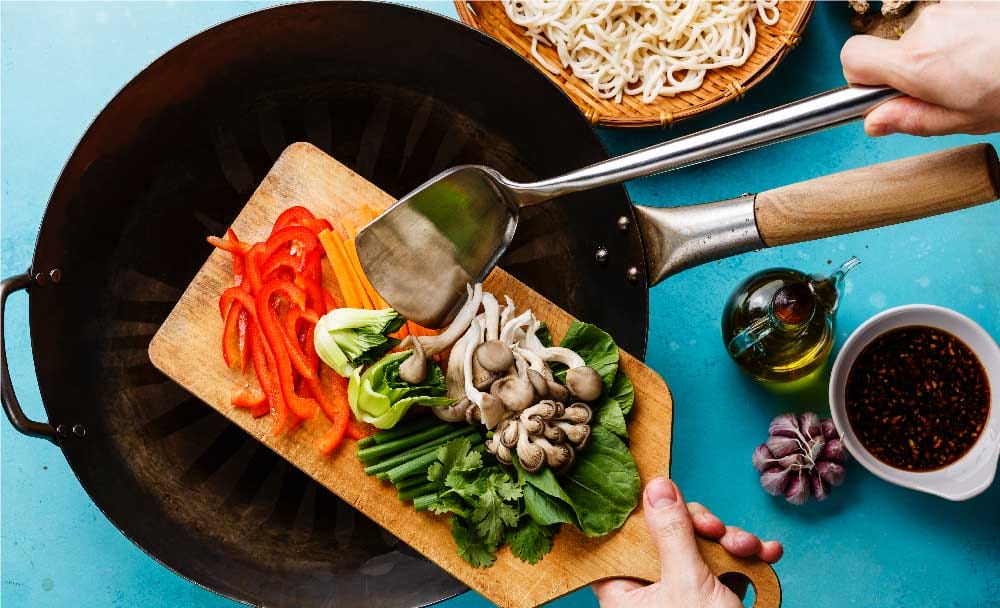
The word ‘Ayurveda’ is Sanskrit for ‘The Science of Life’. It is a holistic approach to life and is one of the oldest healthcare systems in the world. Ayurveda sheds light on lifestyle, exercise, and diet in order to reach Svasthya or one’s optimal health. Ayurveda originated in India more than 5000 years ago. According to Ayurveda, each one of us has a different dosha (life force/energy) and different levels of digestive fire or Agni depending on our body type [1]. There exist three doshas:
- Vata: The Vata Dosha is comprised of the air element. It is characterized by rough, cold, and dry. People of this dosha are advised to stay away from raw foods as it is a predominantly cold Dosha with the least digestive fire or Agni and raw and cold food together can be a bad combination.
- Pitta: The Pitta Dosha is characterized by oily and hot. It is composed of water and air. People having the Pitta Dosha can consume both cooked and raw foods as they possess a strong digestive fire or Agni.
- Kapha: The Kapha dosha is characterized by heavy, smooth, cool, and stable. The Kapha Dosha comprises of earth and water elements. People having the Kapha dosha should consume raw food infrequently and in moderation as they have a moderate Agni that might get extinguished if raw foods are consumed in excess.
Each person is a combination of a ratio of these three Doshas. In most people, one particular Dosha may be predominant. It is very rare that an individual might possess an equal ratio of all three Doshas or what is known as Tridosha. Ayurveda believes that depending on our Dosha, each of us digest food differently. For example, people with a Pitta Dosha are believed to have the best digestive strength and can tolerate more raw foods than other Doshas. Food can be categorized into having six different tastes. They can be classified as sweet, salty, bitter, sour, pungent, and astringent. Depending on your Dosha, you can strike a balance in your body by consuming foods that can help balance your Dosha [2].
Raw Food

According to Ayurveda, for one to properly digest raw food, one must have more Agni or fire in the body. This means that one should have high energy levels and a strong metabolism to withstand the effect of raw food.
Pros of Eating Raw Food:
- Raw food has more prana (energy) in it.
- Raw foods tend to contain bitter and astringent flavors, which are good for you.
- Raw food increases the Vata element in the body which releases more energy.
Cons of Eating Raw Food:
- Raw foods tend to be Vata provoking foods, which can disturb your Ashtivaha or your skeletal system.
- Eating raw foods can lead to poor digestion, causing bloating, flatulence, burping and sometimes accompanying pain.
- Some raw foods even contain anti-nutrients that can block the nutritional absorption of foods altogether.
Cooked Food
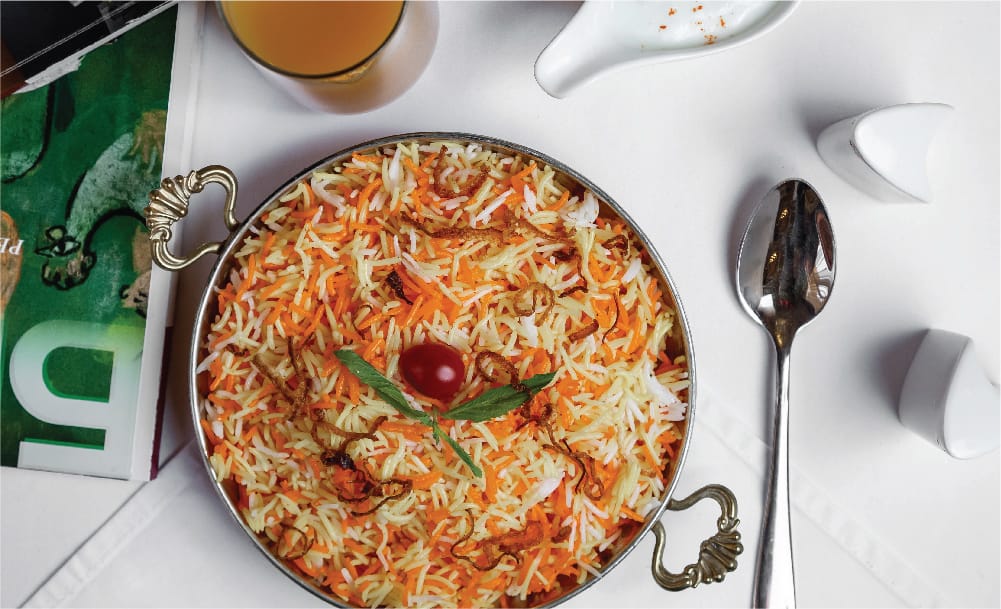
Ayurveda teaches that cooked food should be consumed by people of all Doshas.
Pros of eating cooked food:
- Since the element of Agni has already been attributed to cooked food, cooked food is easily digested by the body.
- Cooked food is often warm and warm food travels through the digestive tract more easily.
- Cooked food can be consumed by people of all Doshas. It is especially beneficial for those with weaker metabolisms such as Vata Doshas.
Cons of eating cooked food:
There are no such cons to cooked food apart from the time, efforts and skills required to prepare it. Cooked foods do not pose any health-related threat, especially when consumed in moderation.
Conclusion
We can conclude that from the point of view of Ayurveda, it is advisable to consume more cooked foods rather than raw foods. Raw foods too may be consumed but only in moderation and preferably during the warmer months when the body requires raw foods to stay cool. It is also advised that raw foods should be eaten in the middle of the day when the digestive system and metabolism are at their strongest. People with Vata Dosha should steer clear of raw foods [3].
This article is reviewed by Dr. Sunanda Ranade




